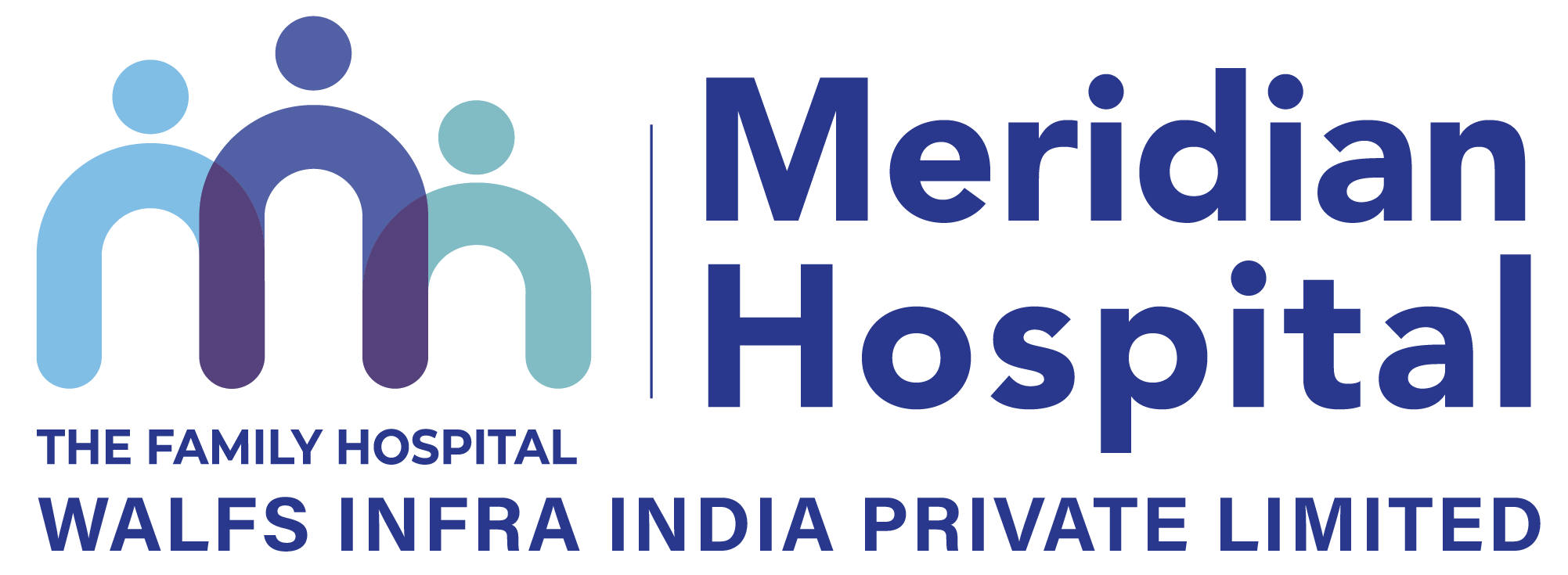When it comes to heart emergencies, knowing the difference between a heart attack and a cardiac arrest can be the difference between saving a life and losing one. Both sound serious, and they are, but they affect the body in different ways and need different responses.
Unfortunately, many people don’t know how to tell them apart or what steps to take when they occur. That confusion leads to hesitation, which is dangerous in medical emergencies.
In this article, we’ll simplify the medical jargon and explain clearly what sets these two conditions apart, how to spot them, and what to do next. Being prepared brings peace of mind.
Key Differences between Heart attack and cardiac arrest
| Feature | Heart attack | Cardiac arrest |
| Meaning | Heart attack occurs when blood flow to the heart is blocked in the (Coronary arteries) | A cardiac arrest is a sudden non-functioning of the heart occurring due to arrhythmia or abnormal heart rhythm. |
| Causes | Blocked coronary arteries | Abnormal heart rhythm (Arrhythmia) |
| Symptoms | Squeezing or tightness in the heart. | Shock-like heartburn in the heart. |
| Patient’s response | Tiredness or anxiety | Unable to blink, unresponsive. |
| First Aid | Aspirin as per Doctor’s advice. | Give CPR or call for immediate help. |
| Emergency care | Call the Emergency helpline, CPR if needed. | Call the emergency helpline, Initiate CPR and AED. |
Six Differences between-Heart attack & Cardiac arrest
Meaning
Heart Attack:
A heart attack is a condition when blood flow to the heart is blocked or reduced. Heart blockage is because of the fat and cholesterol accumulation in the arteries causing discomfort in the heart.
Cardiac arrest:
A cardiac arrest is much different from a heart attack; it means a sudden stop of blood flow to the organ’s brain and the heart stops pumping all of a sudden.
Causes:
A heart attack is caused when the coronary arteries are damaged and a cardiac arrest is caused due to Arrhythmia or an abnormal heart rhythm.
Symptoms:
When a patient suffers from symptoms like Chest pain-Squeezing or tightness he might be facing a heart attack. A person with Severe shock-like heartburn may have a sudden cardiac arrest. It is fatal and needs immediate care.
Patient’s responses
Usually, a patient with a heart attack faces tiredness and anxiety.
For a person with cardiac arrest, it is different and severe. He is unable to blink and speak and is unresponsive with severe heartburn.
First Aid
Take an Aspirin as per your Doctor’s advice for a cardiac arrest. For a cardiac arrest call for immediate help and give Cardiopulmonary resuscitation or (CPR)
Emergency Care
The emergency care and treatment for a heart attack and cardiac arrest are different. Doctors know what is best for a patient. In both cases, do not ignore the symptoms. Call the emergency care helpline immediately for help.
For cardiac arrest CPR and AED Automated, external defibrillators are given immediately by trained Doctors and professionals.
In case of a heart attack, seek immediate admission even if you are unsure of the symptoms. CPR for patients needing emergency care for severe heart attack conditions. Access 24×7 emergency care and specialized cardiac services at our Meridian hospital in Kolathur, Chennai.
What is a heart attack?
A heart attack happens when blood flow to the heart is blocked or reduced. Heart blockage is because of the fat and cholesterol accumulation in the arteries. Once the blood flow to the heart is blocked the person feels difficulty to breathe, and the activity of his other organs is affected. It is important to treat a heart attack without ignoring the symptoms.
Symptoms of heart attack
The symptoms of a heart attack are different from those of a cardiac arrest. Let’s learn.
- Chest pain, that feels like squeezing or ache
- Heartburn or indigestion
- Sweat, Nausea, breathing difficulty
- Pain in shoulder, jaw teeth, and upper belly.
Causes of heart attack
Heart attacks are caused due to clogging in the coronary arteries. This happens due to cholesterol deposits called plaques.
Coronary artery disease causes most heart attacks. In coronary artery disease, one or more of the heart (coronary) arteries are blocked. This is usually due to cholesterol-containing deposits called plaques. Plaques can narrow the arteries, reducing blood flow to the heart.
In an acute complete blockage, a medium or large artery is blocked leading to an ST elevation or myocardial infarction.
These terms may be extremely new and can create paranoia among patients and families consulting the best Doctor will help in a speedy recovery. It is better to be aware but let us not unnecessarily google.
Cardiac arrest is a more severe condition that can be fatal leading to death.
- According to the Indian Heart Association, India alone accounts for 60% of the world’s heart disease cases. 50% of Indian men suffer from heart attacks under the age of 50 years. Cardiac diseases are also common among women.
What is a cardiac arrest?
A cardiac arrest is more unexpected and this happens due to a sudden stop of blood flow to the organ’s heart stops pumping all of a sudden. Arrhythmia is a condition when the rhythm of the heart is slightly abnormal leading to an electrical failure of the heart sending no signals to the brain and vital organs.
Cardiac arrest is a more severe condition that can be fatal leading to death.
- According to the Indian Heart Association, India alone accounts for 60% of the world’s heart disease cases. 50% of Indian men suffer from heart attacks under the age of 50 years. Cardiac diseases are also common among women.
Symptoms of Cardiac arrest
A sudden cardiac arrest is very fatal and its magnitude differs from person to person. Let’s look at the common symptoms that are experienced by patients.
- Sudden shocks and pain in the heart
- Low pulse, Breathing difficulty
- Pain and uneasiness in the chest
Causes of Cardiac arrest
The common cause of cardiac arrest is a sudden or drastic change in the pattern or rhythm of the heart, which is also called arrhythmia. However, a cardiac arrest may also occur due to other causes listed below.
Cardiac arrests occur due to ventricular tachycardia or fibrillation. Another cause is bradycardia, or extreme heart slowing. Cardiac arrests also occur due to scarring of the heart tissue or thickening of the heart muscle, called cardiomyopathy. A diseased heart muscle causes this condition called cardiomyopathy. There are more causes for cardiac arrest. Consulting a Doctor for immediate diagnosis is the best health advice for heart patients. For emergency cardiac care in Chennai, head to Meridian Hospital.
How does a patient react to a sudden cardiac arrest?
When one has a cardiac arrest he becomes weak and unresponsive. Unable to blink, speak, or even move. It’s good to know this so you can help your near and dear ones with the utmost and quick help.
Common Causes of a Heart Attack & Diagnosis
The major cause of heart attack is due to damaged coronary arteries in the heart. The blockage is due to various reasons leading to a lack of oxygen supply causing the heart to pump slower than a normal heart’s functioning. Also, experts say that the cholesterol deposits called plaques narrow the arteries further, reducing the flow of blood to the heart.
Diagnosing a heart attack
Heart attacks can be diagnosed through tests and Doctor check-ups Let’s take a look at the diagnosis process.
Step 1. ECG Electrocardiogram is anto understand the condition of your heartbeat. An ECG report can help understand the functioning of the heart showing signs of an arrest or attack.
Step 2. Echocardiogram- Echocardiogram is a process that involves understanding the heart functioning through sound waves passed through devices like transducers. Images of the heart are captured through an echocardiogram.
Step 3. Coronary Catheterization- This process is like an X-ray done to take images of the heart. An angiogram involves passing a catheter through the leg or groin of the patient.
Step 4. Blood Test- Blood tests and reports are conducted to further understand the condition of the heart.
Step 5. Cardiac CT or MRI Scan- A cardiac CT scan is another process that needs to be done if required by the Doctor. It helps them understand the position of the heart through chest and heart image X-rays.
Treating Cardiac arrests- How long will it take?
Treatment of cardiac arrests needs immediate assessment. At Meridian Hospital, the Health care team takes care of these problems. But it is always important to reach them immediately.
TTM or Targeted temperature management is a treatment done to help protect the brain and the vital organs from any damage. The process involves cooling helmets, ice packs, and other methodological procedures.
Oxygen therapy-Immediate oxygen supply to the heart helps one recover from attacks.
Extracorporeal membrane oxygenation (ECMO)- This treatment helps the passage of blood through an artificial lung. The ECMO helps heal the affected organs through artificial lung support.
Quick suggestions
- Consult your Doctor immediately and refer to the health and hospital health line numbers this will help you get immediate assistance for critical conditions like cardiac arrest. For a heart attack, you always have 24×7 hospital support, take care, and take precautions.Book an appointment.
- Always stay calm and positive, and exercise a strict regime to escape a sudden heart attack or an arrest.
- For 24×7 Heart health and Cardiac emergencies, reach out to Meridian Hospital Chennai.





